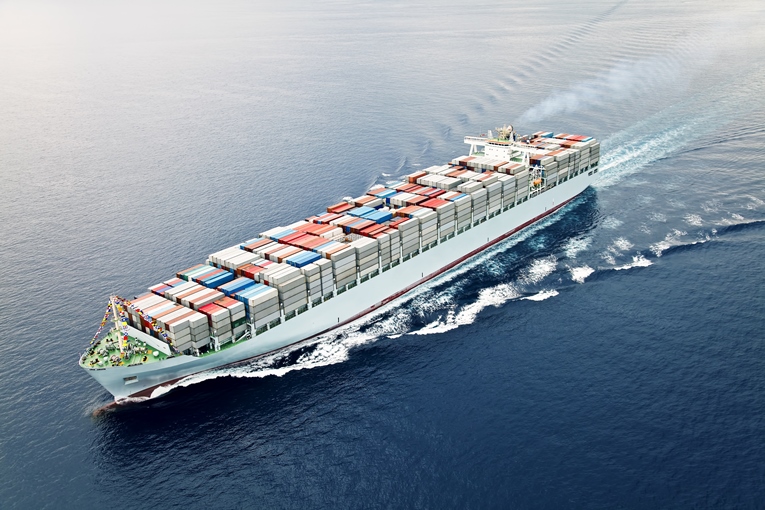The serious consequences of a protracted economic war
Since December 2018, an impermanent truce has kept the economic trade war between two of the biggest world economies from escalating. Amidst the preliminary agreement between POTUS and the Chinese President Xi Jinping, the United States put on hold the increase from 10% to 25% in tariffs on almost half of the goods imported from China, which is approximately worth $200 billion. Since that meeting, the Chinese and US officials have been negotiating assiduously to reach an agreement. What does this trade war mean for the world? One thing is for sure – the staining clash has already dazed the world economy and has caused some of the most prominent companies to reconfigure their supply chains.
Timeline
In principle, China has agreed to increase the imports rate from the US in terms of agricultural and industrial products, energy, and other services, with the aim to eliminate its trade imbalance with the US. Hence, this ‘promise’ is one of the most significant factors contributing to the initiation of the negotiations mentioned above.
Nevertheless, based on recent reports, both economic powers are said to be not that far from reaching an agreement, even with the US demands for structural reform to the substantial involvement of the state in China’s economy. Another significant concern of the US is also the protection of intellectual property.
In March, China passed a new law in relation to foreign investment in order to deal with some of the issues linked with the trade war. The President of the US has stated that any deal will have to consist of “strong enforcement language”, and his team is still trying to define what that should be and how to get China to sign that agreement.
According to various news reports, officials in Beijing are trying to find ways to remove tariffs on Chinese goods. It’s still unclear what the Chinese officials are willing to agree to, besides buying more US goods, considering that it denies claims of misbehavior, including the one of forcing foreign companies to hand over their technology.
The crackdown on Huawei Technologies Co. by the US government displays a much deeper strategic competition between both economic superpowers – one that will persist beyond the trade war.
Why are the US and China in a trade war?
While US officials point that the cause of the trade war is the trade deficit, according to a Washington Post article and other reports, it’s more about the bigger scale battle of setting the rules for who is going to be on top of the global economy in the future. That is also considered to be the reason why technology is at the heart of the trade war, exemplified by the US – Huawei case.
Some other analysts say that Trump is focusing on the large trade deficit and the imbalance in imports and exports, as a cover-up to the broader tech war amongst the two giant economic superpowers. Additionally, Trump wants to soften the trade gap by incentivizing US companies to import less and export more. In addition to the trade war with China, he’s also imposed tariffs on Canada, the EU and Mexico on steel and aluminum.
What are the consequences of this trade war?
Some of the biggest investors and high-level executives say that this trade war has hurt businesses’ confidence and damaged supply chains. The most prominent companies such as Apple, Volkswagen, FedEx, and Starbucks project a slowing economy for China. There are more than 400 internationally traded Chinese companies that raised warnings on their earnings due to the trade war.
The International Monetary Fund (IMF), which is lowering estimates for the world economic expansion for the second time in the last three to six months due to the trade tensions, stated in January 2019 that the overall global growth would be 3,3% in 2019 (the lowest in three years). On the other hand, the US trade deficit increased in 2018 to a 10-year high of $621 billion, and the strengthening of the dollar played a significant role by making US exports more expensive. According to US News “the gap with China on goods widened to an all-time record of $419.2 billion.”

Who has the upper hand?
There are two sides to this story.
On the one hand, the US has a big advantage: it exports goods worth $130 billion to China, while China has $505 billion worth of goods that export to the US. This means that the US government has a much wider list of goods that it could target if necessary.
On the other hand, according to some analysts, China is likely on a stronger political situation because the Chinese president has absolute power and if necessary can limit public dissent, whereas Trump has to cope with a free press, lobby groups, and the midterm elections. He could be more exposed to public pressure in case of price rises and business objections because of the trade war (tariffs). Phil Levy, a senior fellow at the Chicago Council on Global Affairs made a great closing remark saying: “Both sides would end up badly bruised. Politically, [China] may have more stomach for it than we do”.
The ‘Final’ Agreement
According to officials familiar with the matter, the US and Chinese negotiators have been working hard on the text of an agreement that can be presented to both Trump and Xi. It is expected that a summit which will be attended by both presidents will occur at some point in the near future.
Since the G20 summit in Buenos Aires last December, when Trump and Xi agreed to launch talks to end the trade war, hopes for an agreement have been solid. In February, during Mr. Liu’s last visit to DC, the possibility to achieve e deal seemed very close, but the negotiations slowed down again in March. In April, however, high state officials from the US were back in Beijing and the chances of a deal increased notably. Talks are still going on, and it’s fair to say that both powers will want a deal that suits them both. On the one side, Trump will want an agreement that boosts the stock market and claim victory. However, Chinese President Xi Jinping, will not like the idea of being depicted as having thrown in the towel.









